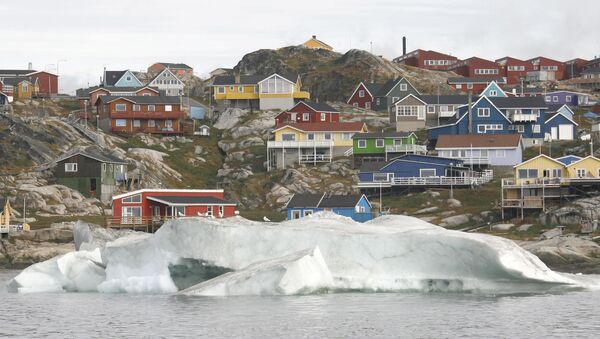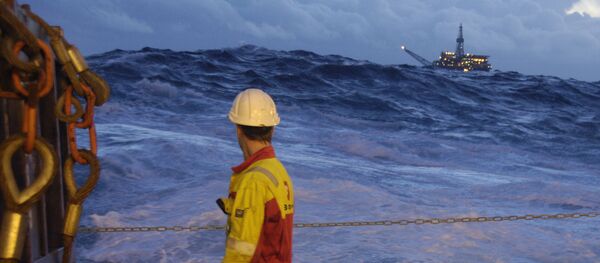However, many locals believe the Danish government has gone too far, citing environmental concerns; many share a growing concern for the fragile Arctic environment. Despite the Greenlandic political opposition insisting on a referendum on the uranium issue, the ruling majority deflects their demands under the pretext of the great potential for jobs and economic development.
"Next week, demonstrations will be held simultaneously in eight cities in Greenland to show the government how many of us do not welcome uranium here," activist Falke Thue Mikailsen told Swedish Radio last week.
Earlier, the Danish government strictly opposed both oil drilling and uranium extraction for environmental reasons, as this could endanger the Arctic's pristine ecological system. Recently, however, Denmark made a U-turn, saying it would not block Greenland's wishes if it decides to take care of its natural resources.
Greenland, a former Danish colony, was granted home rule in 1979, and in 2008, Greenlanders voted in favor of the Self-Government Act, which vested even more power in the local Greenlandic government, yet left the Danish government in charge of foreign affairs, financial and security policies, as well as mineral resources. For many Greenlanders, total independence from Denmark is a long-term dream, achievable only through a diversification of the island's lopsided economy.
At present, Greenland's economy remains deeply dependent on a frozen subsidy of 3.4 billion kroner (roughly 500 million dollars) per year. Also, Greenland, the world's largest island, remains one of the most sparsely populated nations, troubled by alcoholism, domestic violence and an exceptionally high suicide rate. Moreover, the probable mining projects in Greenland are hampered by an almost non-existent infrastructure and a harsh climate.
Nuuk, #Greenland — the #Monaco of the north. pic.twitter.com/G9IzCnEmL1
— Nigel Short (@nigelshortchess) May 26, 2016




